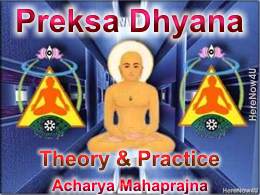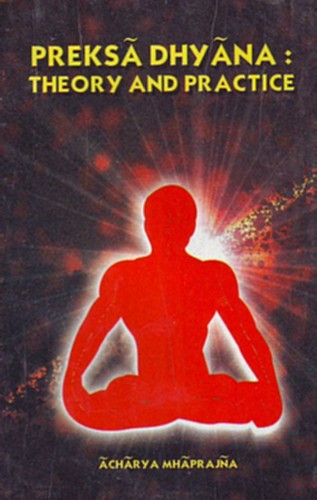
In many respects, no doubt, man is also an animal like any other. He does feel angry, hungry, beset with fear and sexually aroused, because he, like others, also possesses the primal drives - the unlearned instincts of aggression, hunger and sex. To eat, to work, to fight and to reproduce are common to man and other animals.
He is bound by his needs. Hate, love, desires and lusts dominate his action. But there is a consciousness within man that is higher than that in other animals, and possession of some basic human characteristics makes him a very peculiar, and, in many ways, a unique animal. According to the theory of evolution, man represents the culmination of the process of evolution. Human mind and personality are unique and constitute the highest product yet achieved by the cosmos. This is because man alone, by means of his inherent conscious reason, along with its chief offspring, science, has the power of setting higher standards and values for his progress. Lower organisms do not possess a reasoning mind; mere survival capacity for adaptation to only immediate circumstances are inherent in them.
They (the animals and plants) go on, generation after generation, living as their progenitors have done. The unique characteristics of man are biological as well as psychological A review of the former ones, though to make interesting reading, is rather irrelevant for our discussion.
The characteristic which concerns us the most is man's capacity for rational, conceptual and conscious judgment. Man has two minds:
- the conscious (or reasoning mind)
- the subconscious mind.
 Acharya Mahaprajna
Acharya Mahaprajna

